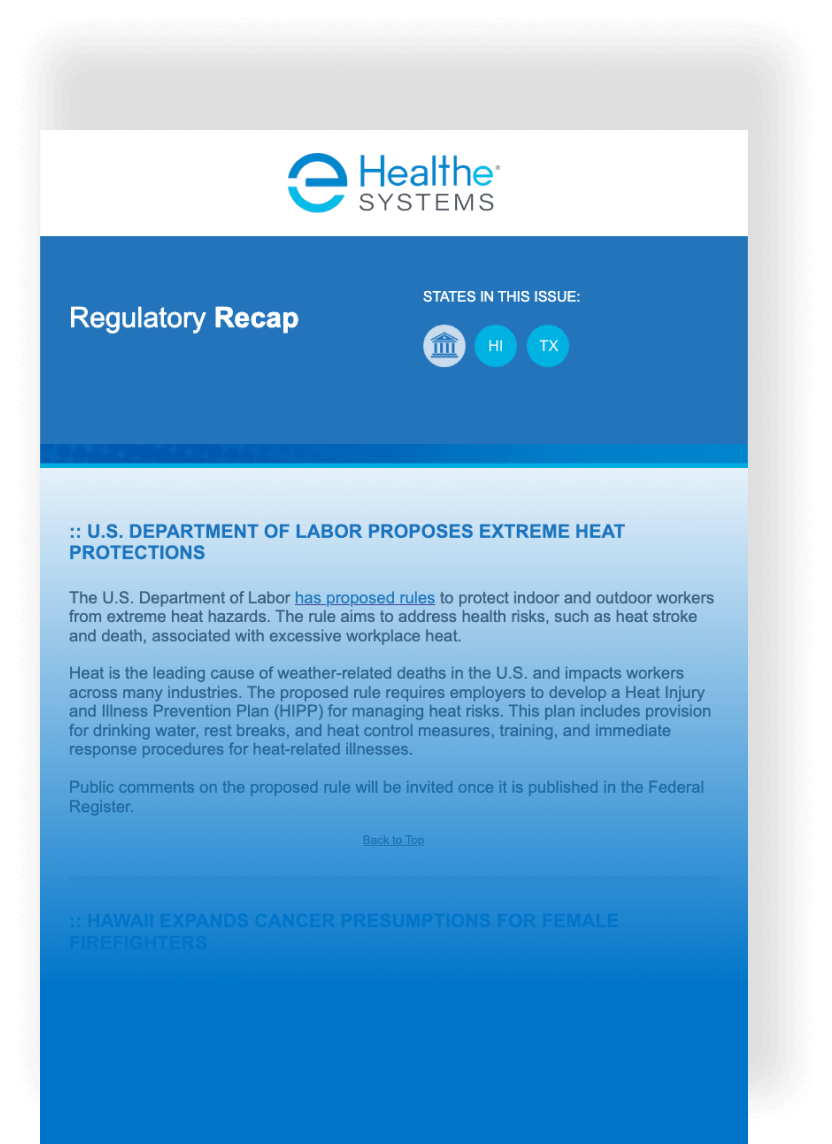The Workers’ Compensation Research Institute (WCRI) published a new report that examines how psychosocial risks – such as fear of movement, poor coping skills, and low mood – can affect treatment outcomes for knee and shoulder injuries.
The study reviews approximately 65,000 episodes each of knee and shoulder physical therapy, using data from Focus on Therapeutic Outcomes (FOTO) collected from 2021 to 2024. Among this data, more than 8,000 shoulder and 5,000 knee episodes were covered under workers’ comp, allowing for a robust examination of differences in psychosocial risks and functional outcomes by payor type.
The report found that psychosocial risks were common among workers’ comp patients with knee and shoulder injuries. Among shoulder patients, 46% reported high levels of negative coping, 32% reported high levels of fear avoidance, and 8 reported high levels of negative mood. Among knee patients, 42% reported high levels of negative coping, 31% reported high levels of fear avoidance, and 8 reported high levels of negative mood.
Patients with psychosocial risk factors had smaller functional improvements following physical therapy, with functional status (FS) scores decreasing from 21.4 to 14.3 for shoulder injuries – a 33% drop, and decreasing from 21.9 to 13.2 for knee injuries – a 40% drop.
Decreases in FS scores were also noted in private insurance patients when psychosocial risks were present. However, those private insurance patients saw smaller decreases in FS scores for knee cases, indicating a stronger association between psychosocial risk factors and functional outcomes in workers’ comp knee cases.







